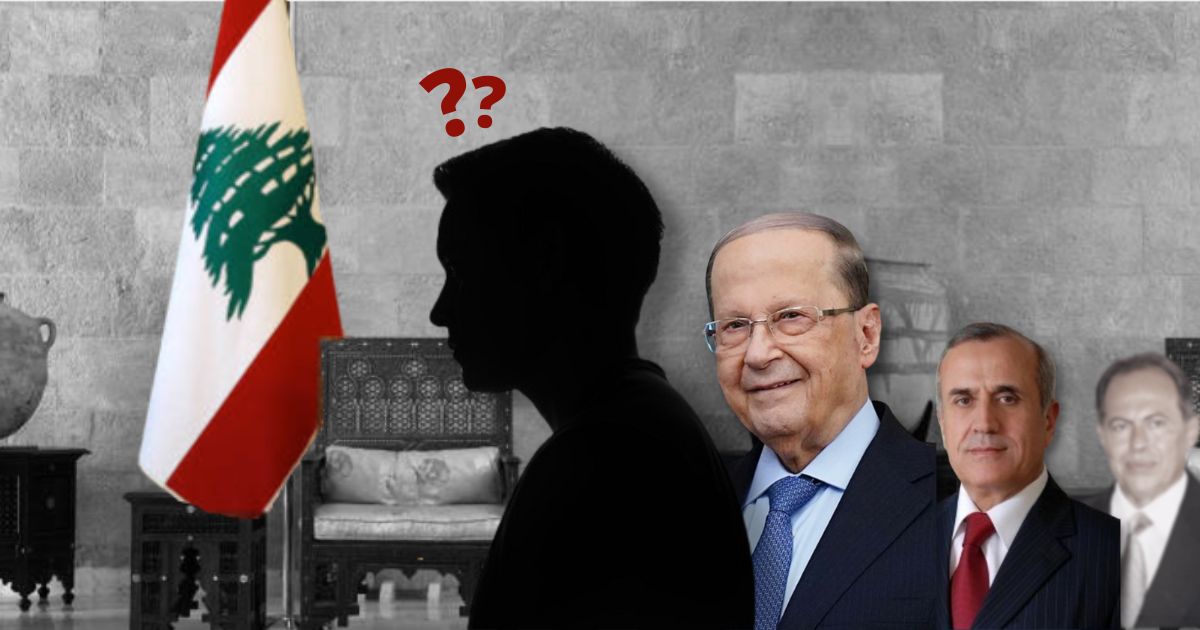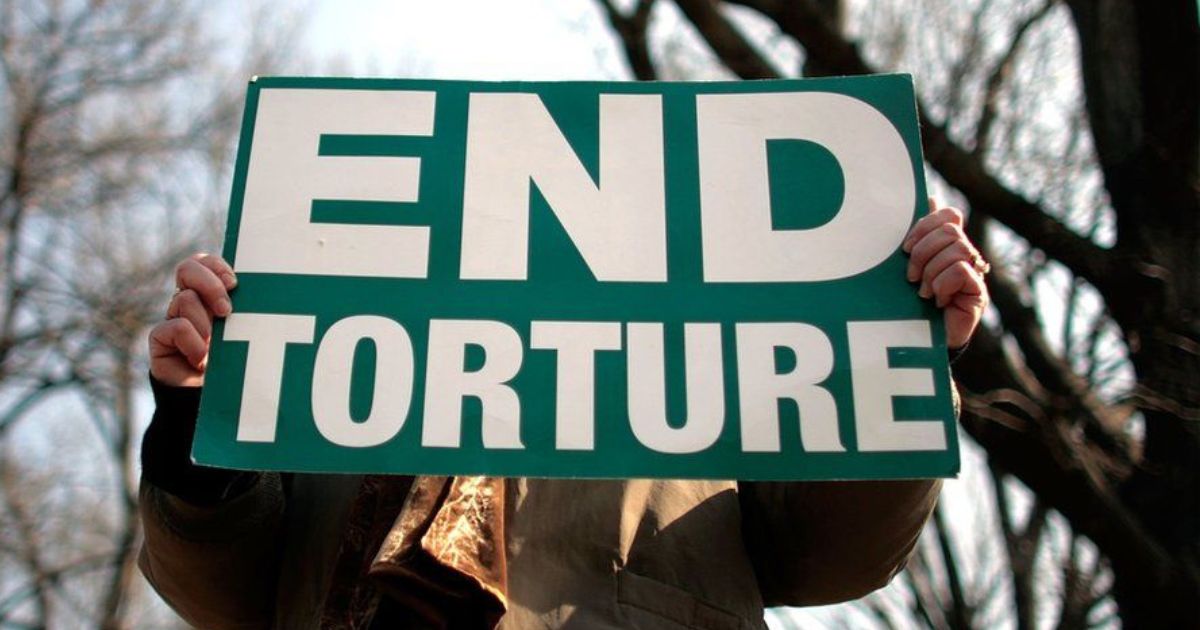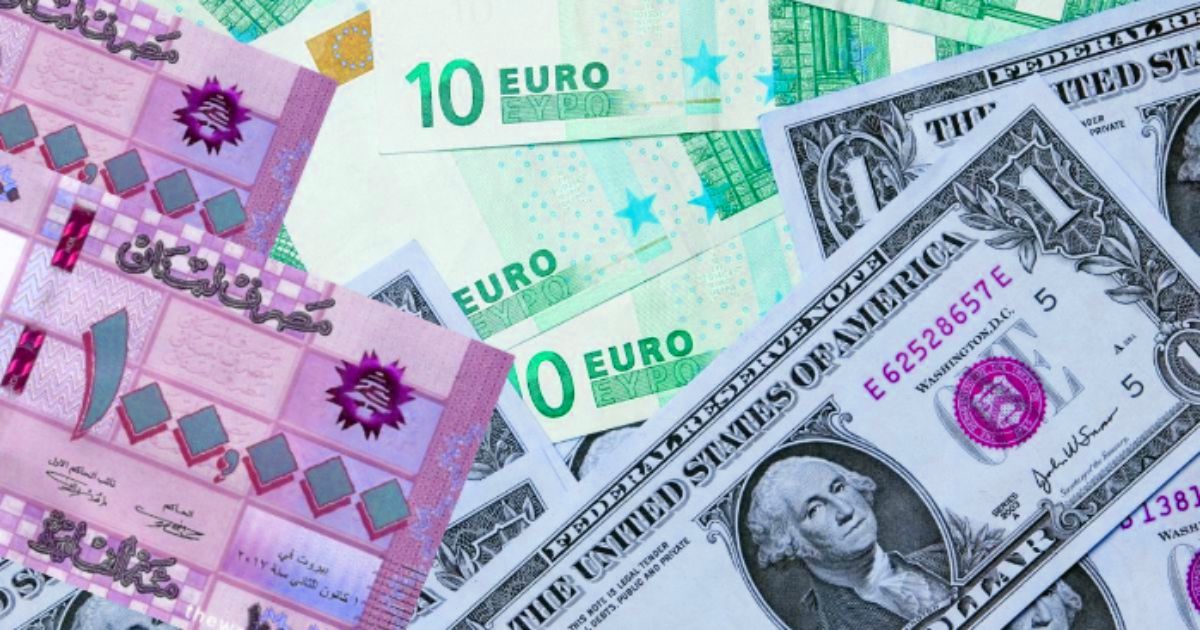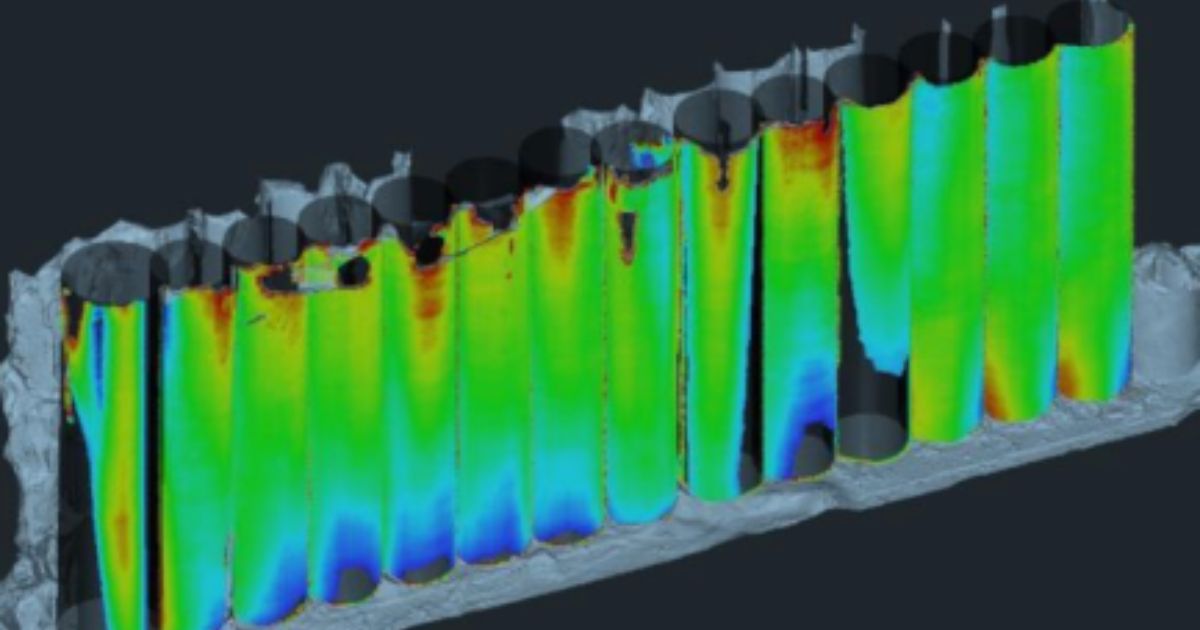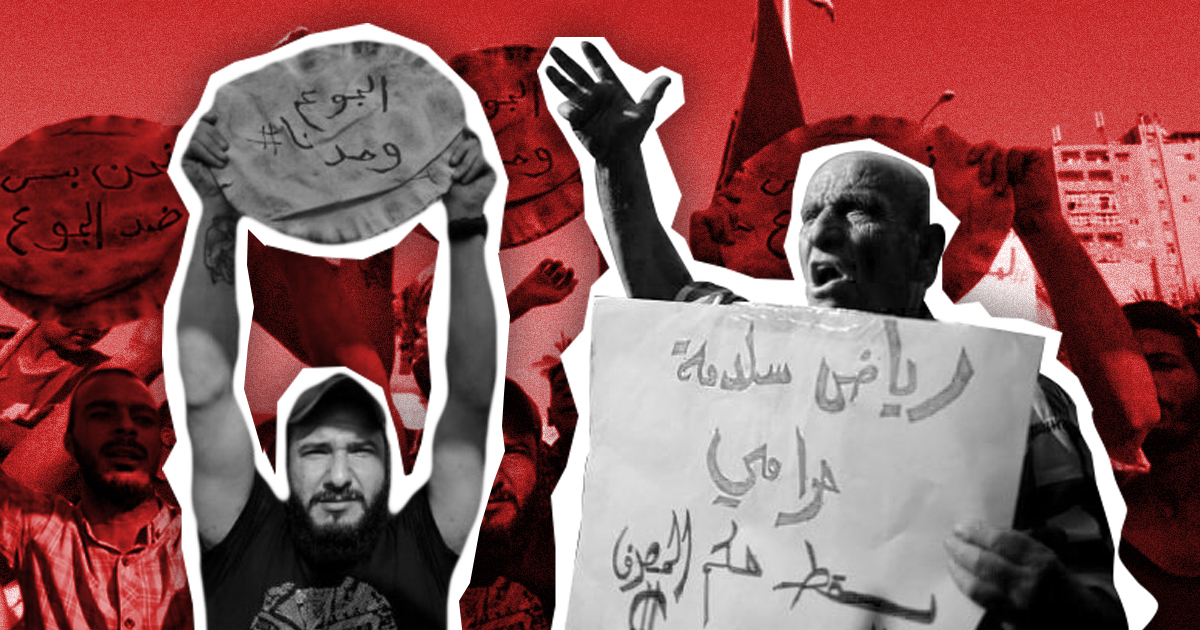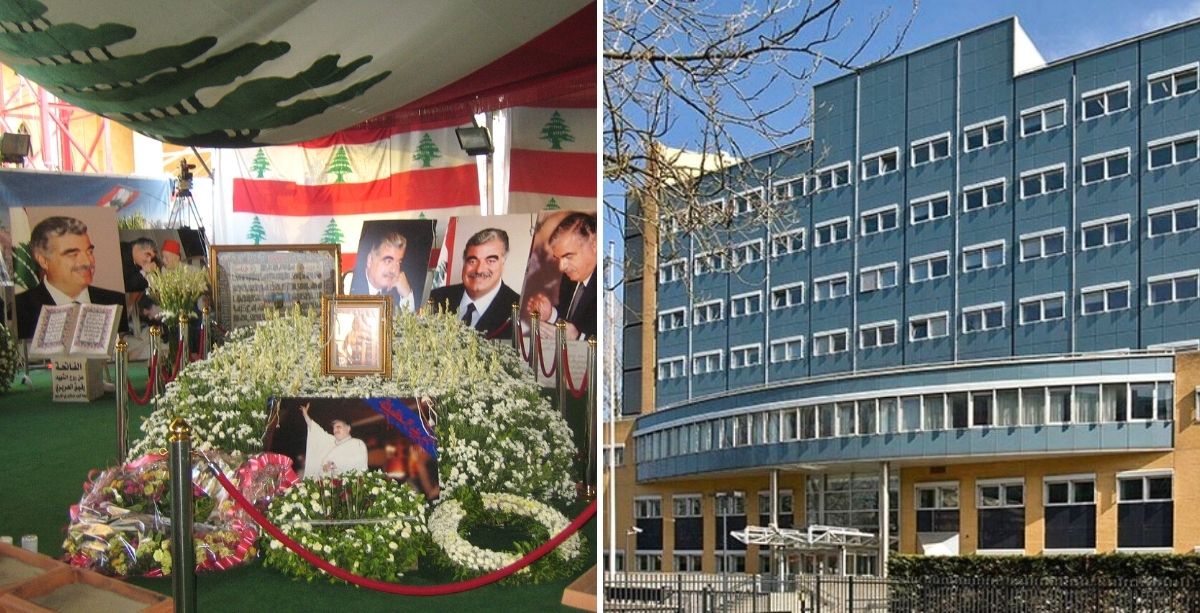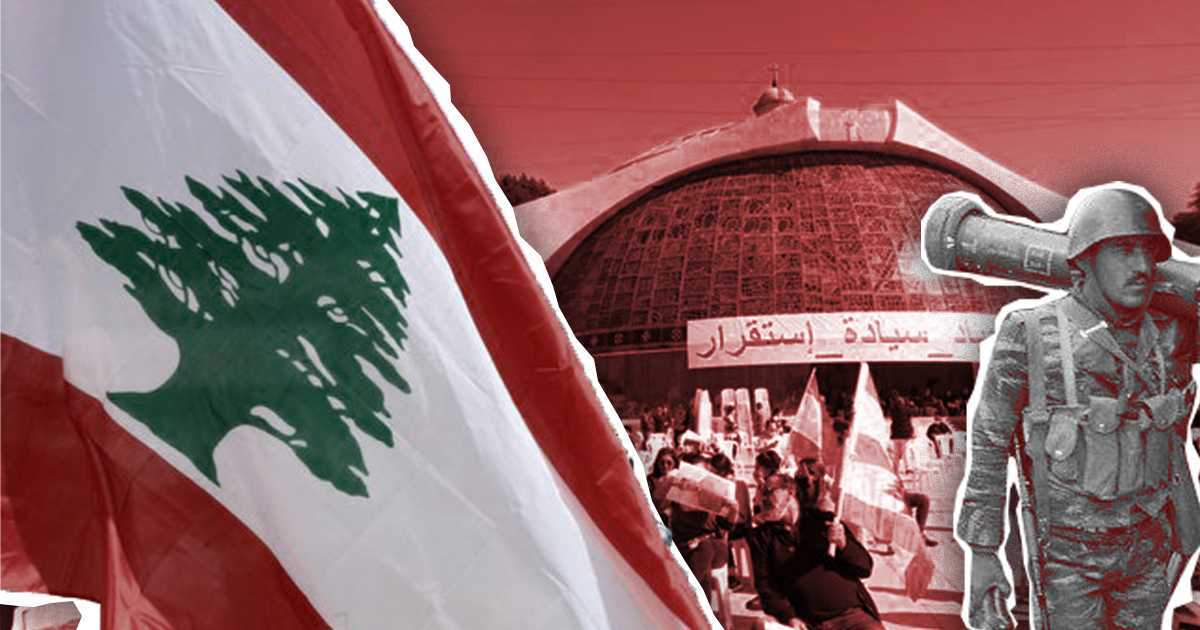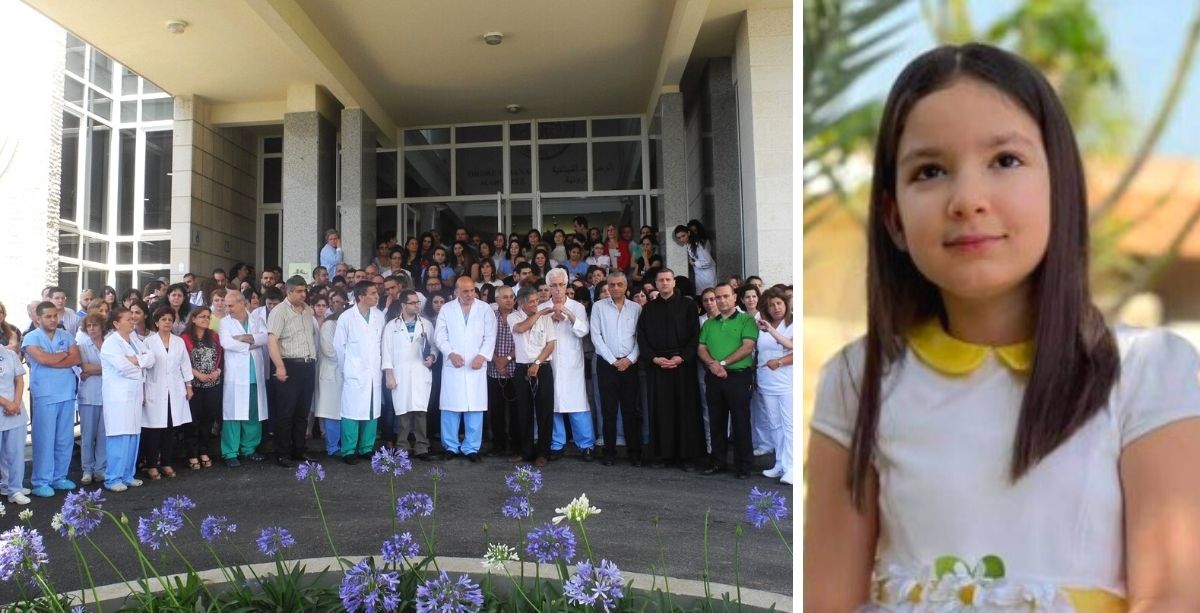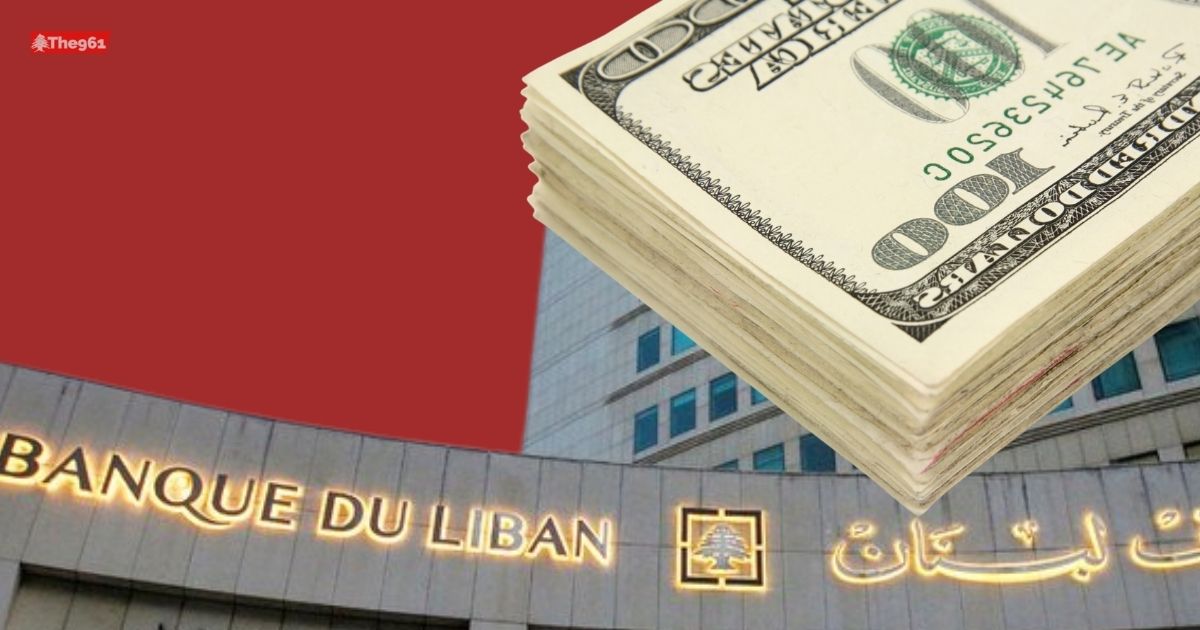In 1989, the devastating Lebanese Civil War grew closer than ever to its awaited end. That year, the rivaling Lebanese officials signed and passed a document that would drastically change the future and history of Lebanon: The Taif Agreement.
As the civil war closed in on its detestable 15th anniversary, a regional effort arose to stop the bloodshed and restore civil stability and political normalcy to the mangled country; a committee appointed by the Arab League began formulating a solution to the hostilities.
Lebanon’s New Orientation
A negotiation between the Lebanese politicians was held in the city of Taif in Saudi Arabia, and headed by then-Speaker of Parliament Hussein El-Husseini.
The attending politicians were the surviving members of the 1972 Chamber of Deputies, which was operating when the war erupted in 1975.
These negotiations primarily aimed to end the decades-long Lebanese Civil War, reform the Lebanese political system, reassert Lebanese authority in Southern Lebanon – then occupied by Israel – and prompt the complete withdrawal of Syrian forces from the country.
Mediated by Saudi Arabia and influenced – directly or indirectly – by various countries, including Egypt, Syria, France, Iran, and the United States, the National Reconciliation Accord was signed on the 22nd of October, 1989.
Today, the accord is typically referred to as the Taif Agreement in reference to the city in which it was signed. It was ratified by the Lebanese parliament around 2 weeks later, on 5 November 1989.
One of the major effects that the Taif Accord had on Lebanon’s regional standing was its reorientation toward the Arab world.
One of the statements of the agreement went on to describe Lebanon as a country with “an Arab identity and belonging.”
The Political Reformation
In accordance with the agreement, the principle of mutual coexistence between the different Lebanese sects and their “proper political representation” became the main objective of post-civil war Lebanese parliamentary electoral law.
In reforming the political system of Lebanon, the agreement restored the balance of power between the sects.
This was after the Maronite Christian community had been given a privileged status in Lebanon under the period of French rule.
To accomplish this balance, the number of seats of the Chamber of Deputies was expanded to 128, shared in half between Muslims and Christians, and an equally-divided cabinet was established.
Thus, the accord changed the Christian-favored power-sharing formula to a 50/50 ratio.
A notable modification that resulted from this change was the enhancement of the powers of the prime minister over those of the president.
Finally, the term of the Speaker of the Lebanese Parliament was extended from one year to four years.
No Army Except…
Perhaps the most profound result of the Taif Agreement was the effective disarmament of all national and non-national militias in Lebanon, except for Hezbollah.
This dissolution of militias came in 1991 (around a year after the end of the conflicts) and made way for the Lebanese Armed Forces to begin slowly rebuilding themselves as Lebanon’s only major non-sectarian institution.
Hezbollah was, and remains, the only Lebanese sectarian party that kept its military power post-civil-war.
As per the agreement, the party was given an exception for its capacity as a “resistance force” rather than a militia; by fighting Israel in the south.
Although the Taif Agreement conditioned the withdrawal of the Syrians from Lebanon in 2 years following its ratification, their presence in Lebanon ended only more than 10 years later; after the 2005 Cedar Revolution.
Post-Post-Taif: A New Lebanon
Staying in 1991, with the disarmament of the militias, the Lebanese parliament passed an amnesty law that pardoned all political crimes prior to its enactment in March of that year.
Lebanon was, and remains today, a country whose political system is built on sectarianism; the very issue that contributed to the civil war.
And although the Taif Agreement recognized the abolition of political sectarianism as a national priority, it provided no timeframe for doing so.
Despite the fact that most of the Lebanese people have broken the sectarian barrier over the years, the holders of power in Lebanon have not been doing much in the pursuit of that national priority.
In fact, it seems that the sectarian leaders have been feeding off this backward concept to stay in power at the expense of true democracy.


